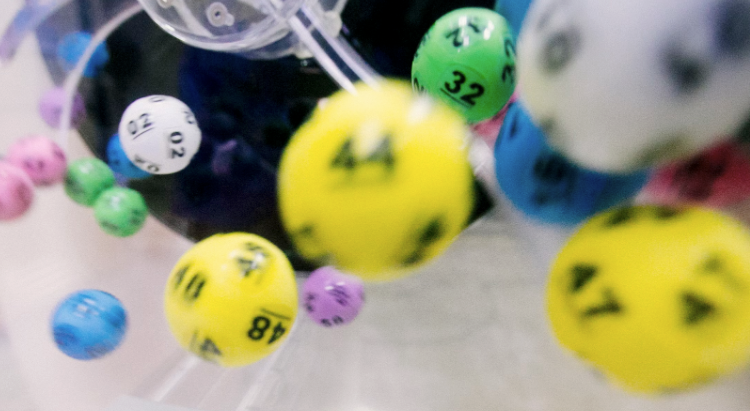Utah Won’t Have A Lottery In The Near Future: Here’s Why

Most Americans can buy a Powerball or Mega Millions ticket by visiting their nearest convenience store. But in Utah, that option doesn’t exist, and likely won’t for the foreseeable future. The Beehive State is one of only five in the country without a government-operated lottery, joining Alabama, Alaska, Hawaii, and Nevada as those missing out on this billion-dollar gambling industry.
While Utahns may not be able to get tickets locally, that doesn’t stop some from traveling across state lines to take part in the excitement. Others turn to alternative forms of entertainment, including regulated platforms like trusted Telegram casinos, which offer safe environments for people wanting to play games of chance online within state boundaries.
But when it comes to the official state lottery, cultural, political, and religious powers continue to block the way to regulation.
The State’s Constitution
Utah’s stance against the lottery dates back to its founding. The state constitution explicitly prohibits “games of chance”. This restriction has shaped local policy for almost 130 years. When Utah became a state in 1896, gambling was already considered incompatible with the values of early leaders belonging to the Church of Jesus Christ of Latter-day Saints (LDS).
This sentiment continues today. LDS teachings strongly discourage any type of gambling, calling it spiritually harmful and socially corrosive. Church members make up a large portion of the state legislature and the population, so proposals to introduce a lottery rarely progress.
Even smaller attempts to allow exceptions have been met with a lot of resistance. In 2020, lawmakers advanced bills to tighten loopholes around sweepstakes-type games and electronic gambling machines. This shows just how strict the state’s approach is. This push to get rid of sweepstakes casinos, where games aren’t played with real money, continues today.
A Costly Ban For Utah Residents
Despite Utah’s ban, many residents still play the lottery and other casino games; they just do it outside of the state. Studies suggest Utahns spend almost $200 million each year on lottery tickets purchased in neighboring states like Idaho and Wyoming.
According to Rep. Kera Birkeland (R-Morgan), “That’s a lot of money that could be used to, again, lower taxes for Utahns.” Birkeland introduced a proposal earlier this year to allow voters to decide on a constitutional amendment. “What I am trying to do is just capture the existing behavior of people who will drive across a state line to buy those tickets.”
Birkeland’s measure, HJR 24, sought to authorize a state-run lottery, with revenues directed toward offsetting property taxes. But legislative leaders remain unconvinced.
National Context
Utah is not the only state that has banned the lottery, although its motivations are different from other lottery-free states.
In Nevada, opposition has been led by the casino industry, which sees lotteries as unwanted competition. In Alabama, religious objections are similar to those in Utah, although recent momentum indicates the state may be moving towards eventually adopting a lottery.
For Hawaii and Alaska, geographic isolation plays a role. Unlike Utah, these states don’t have an outflow of residents driving to neighboring states to buy tickets.
However, the trend across the country is evident. Lotteries are big sources of revenue. New Hampshire pioneered the first state lottery in 1964, and since then, 45 states, Washington D.C., Puerto Rico, and the US Virgin Islands have adopted some kind of lottery.
Political Reality In Utah
Even with massive jackpots and neighboring states benefiting from Utahns’ lottery ticket purchases, the political reality in Salt Lake City won’t change anytime soon. The LDS Church has reaffirmed its stance against gambling time and time again and encourages members to oppose its legalization. That influence extends to the legislature, where many lawmakers have the same values.
As a result, Urtah remains one of the strongest opponents of state-run lotteries in the country. While some lawmakers, like Birkeland, will continue to push for change, proposals face a lot of scrutiny due to tradition and powerful cultural opposition.
For now, Utahns hoping to play the lottery will have to keep crossing state borders or look for alternative entertainment in other regulated areas outside of the state’s constitutional restrictions.
